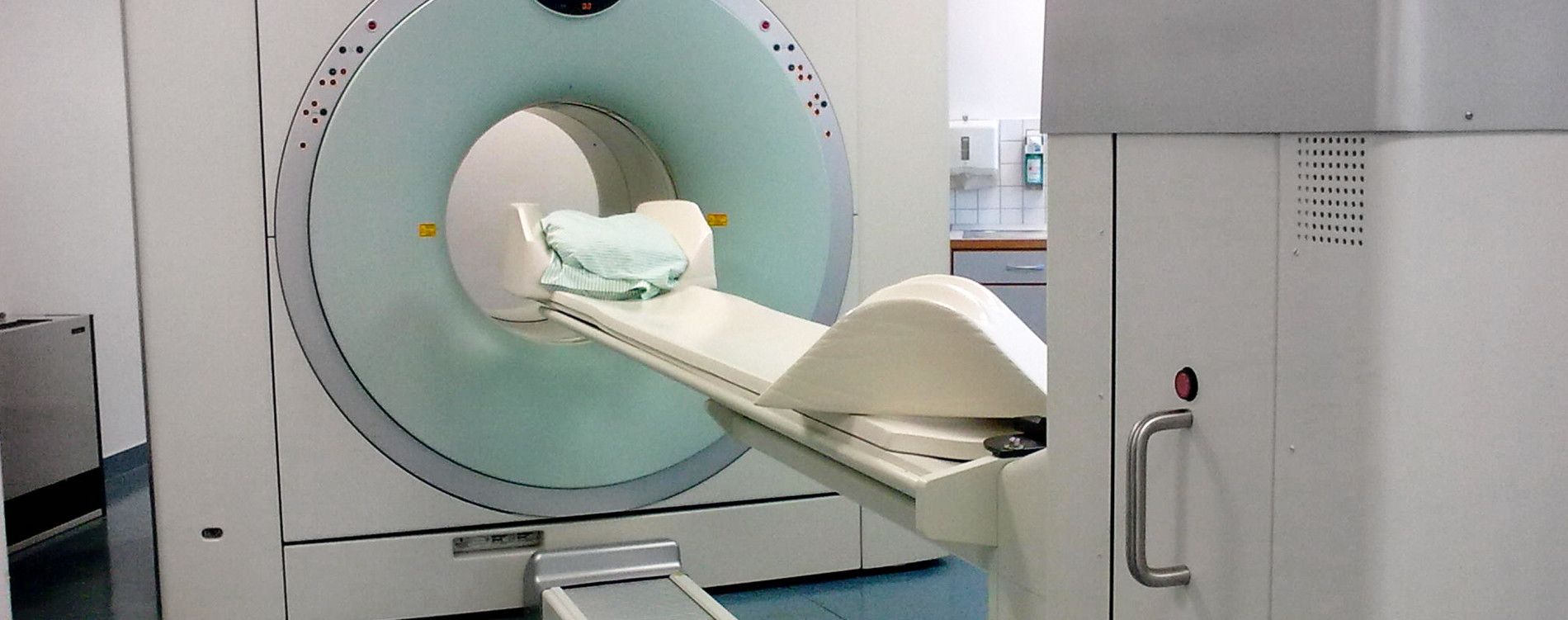The current costs of dementia care are enormous. But the future costs could create a crippling financial burden on our society, as the number of people diagnosed with dementia is expected to more than double in the next 30 years.
Without effective drugs, this future will become our reality. Alzheimer’s disease is the most common cause of dementia, and there are currently no drugs available that can prevent it or even slow it down.
To change this, we need to invest in drug discovery and development. Health economics plays a significant role in drug development. The risk of bringing a drug to market is increased by whether the therapy is deemed to have “value” to patients and is cost-effective. Although a drug or diagnostic tool may bring significant clinical benefit to patients, payers such as Medicare may not view these as valuable if they are not demonstrated to be cost-effective.
For example, the FDA approved Amyvid™ last year, the first diagnostic test for Alzheimer’s disease, and a major breakthrough in the field. Amyvid, which the Alzheimer's Drug Discovery Foundation (ADDF) helped develop, is valuable because it enables doctors to accurately diagnose and then manage care for patients. This is especially important for patients with mild cognitive impairment, who often go undiagnosed. However, despite regulatory approval, the Medicare Evidence Development & Coverage Advisory Committee (MEDCAC) recommended that Medicare and Medicaid not provide payment for the test, although this remains under review.
To reduce the impact of Alzheimer’s on people's lives and on our society, we must pursue and develop effective drugs and diagnostic tools. And we have to keep in mind both value to patients and costs, so these breakthroughs are affordable.
The ADDF is working tirelessly to do just that. Together, we can conquer this disease.
Howard Fillit, MD is the Founding Executive Director and Chief Science Officer at the ADDF.
